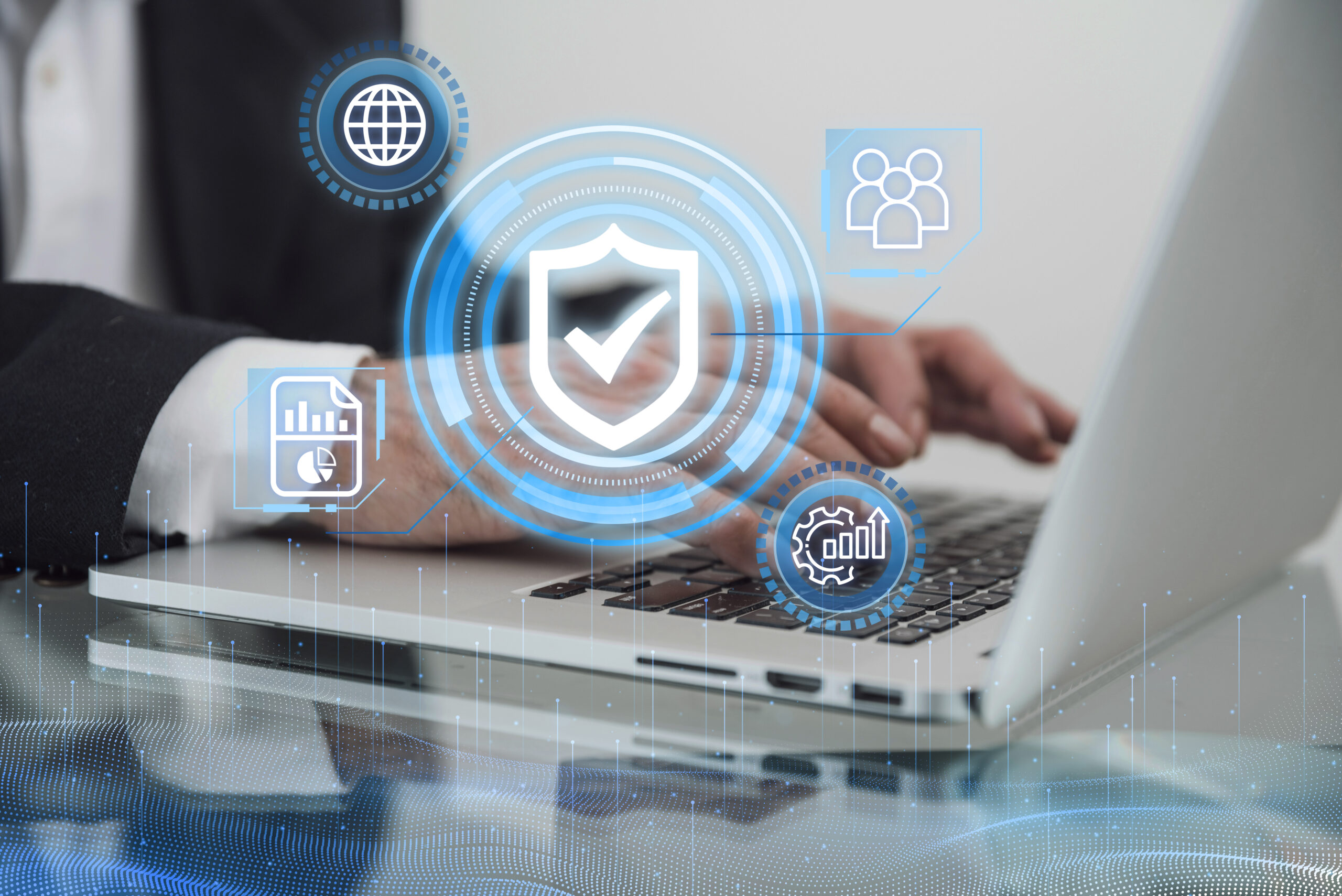Currently Empty: 0,00 €

In an age where data is currency and privacy is a growing concern, the General Data Protection Regulation (GDPR) stands as a cornerstone of digital trust and regulatory accountability. Introduced by the European Union (EU) and enforced since May 2018, GDPR reshaped the way organizations collect, process, and protect personal data—placing individuals’ privacy rights at the center of digital transformation.
What Is the GDPR?
The General Data Protection Regulation (GDPR) is a comprehensive data protection law that governs the handling of personal data for all organizations operating within the EU or processing data related to EU citizens. It mandates transparency, accountability, and user consent, setting strict requirements on how data is collected, stored, shared, and deleted.
At its core, GDPR is not just a legal requirement—it’s a framework for ethical data management. It covers all forms of personally identifiable information (PII), from names and emails to biometric and behavioral data, and applies across industries regardless of size or sector.
Why GDPR Matters More Than Ever
As the digital economy accelerates, so do data breaches and privacy risks. From targeted cyberattacks to unauthorized data sharing, individuals are increasingly vulnerable. GDPR addresses this by:
-
Giving data subjects full rights over their information, including the right to access, rectify, delete, and port their data
-
Requiring explicit consent before processing personal data
-
Enforcing data minimization and purpose limitation principles to prevent misuse
-
Holding organizations accountable through record-keeping, impact assessments, and mandatory breach notifications
Non-compliance with GDPR can lead to severe consequences: up to €20 million or 4% of annual global turnover, whichever is higher. But beyond fines, the loss of public trust is often the costliest penalty.
The Strategic Value of GDPR Compliance
For organizations, GDPR is more than just a legal hurdle—it’s a competitive differentiator. Compliance demonstrates a commitment to privacy, ethics, and customer protection. It fosters transparency, builds brand loyalty, and strengthens market positioning.
By implementing a well-structured Privacy Management Framework, organizations can:
-
Reduce exposure to legal and reputational risks
-
Improve data governance and operational efficiency
-
Increase confidence among customers, partners, and regulators
-
Facilitate cross-border business within the EU and beyond
Building Data Protection Expertise: The Role of Certified Professionals
As data privacy becomes a board-level concern, the demand for qualified professionals capable of navigating GDPR requirements continues to grow. Organizations need experts who can:
-
Interpret GDPR provisions and translate them into operational policies
-
Conduct Data Protection Impact Assessments (DPIAs)
-
Guide departments on lawful data handling and breach response
-
Lead the implementation of internal privacy controls
-
Collaborate with Data Protection Authorities (DPAs) when necessary
Becoming a Certified Data Protection Officer (DPO) or GDPR professional positions you as a key figure in organizational risk management and compliance strategy.
Conclusion
GDPR has set a global benchmark for data privacy, influencing legislation in other regions and raising public expectations for ethical data handling. As the regulatory landscape continues to evolve, organizations that embed GDPR principles into their culture will not only remain compliant—but also future-proof their operations and earn lasting trust.
Want to master GDPR and help your organization stay compliant?
Explore our certified training courses to build your expertise in data protection and privacy governance.
👉 View GDPR Training Courses and Register



